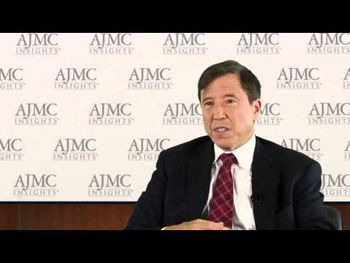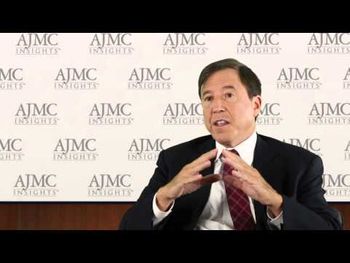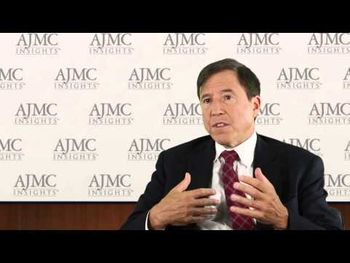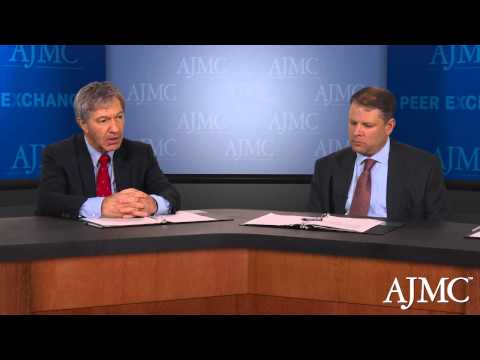
Health Care Delivery
Latest News
CME Content

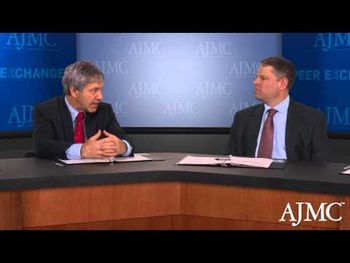


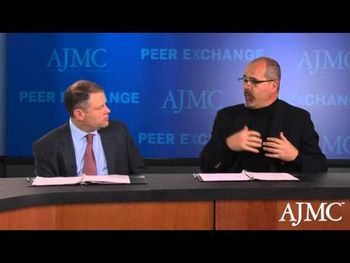
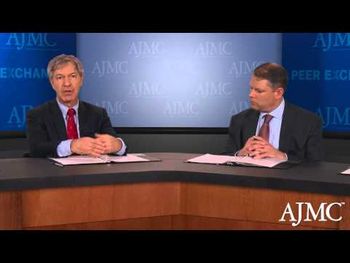
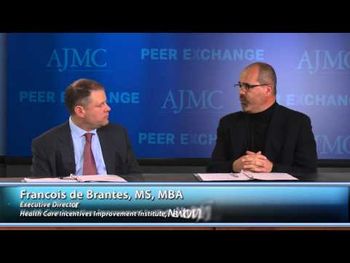

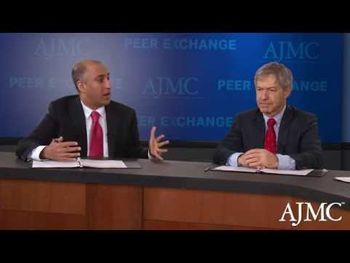
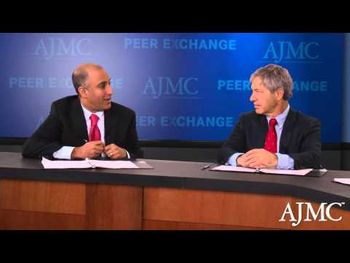
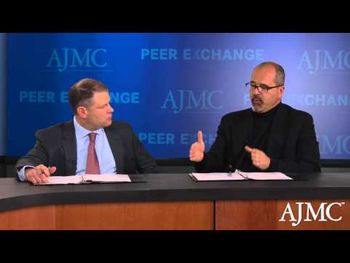


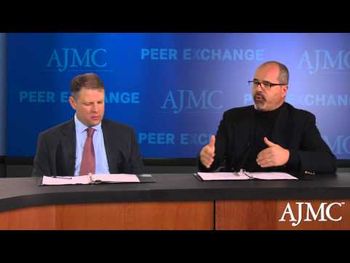

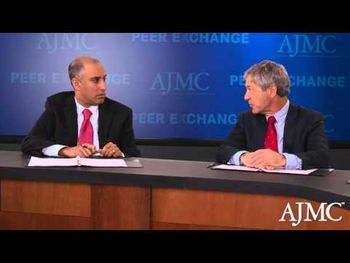
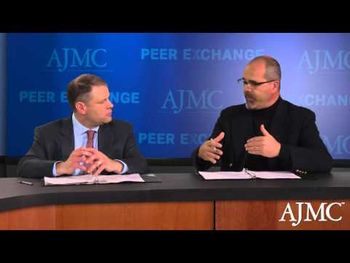

Individuals who enrolled in health insurance on the Affordable Care Act's marketplaces had lower average drug spending and were less likely to use most medication classes than patients with employer-sponsored coverage, according to a study published in Health Affairs.

Introduced with good intent, some of the provisions of the Orphan Drug Act may compel the FDA to rethink its strategy.

A review of the benefit design choices made by states that expanded Medicaid (as of the end of 2014), revealed that states are offering more generous coverage that what is required under federal law, according to researchers with The Commonwealth Fund.

Consumer protections and rules to promote the march to value-based care are highlights of the massive proposal.
